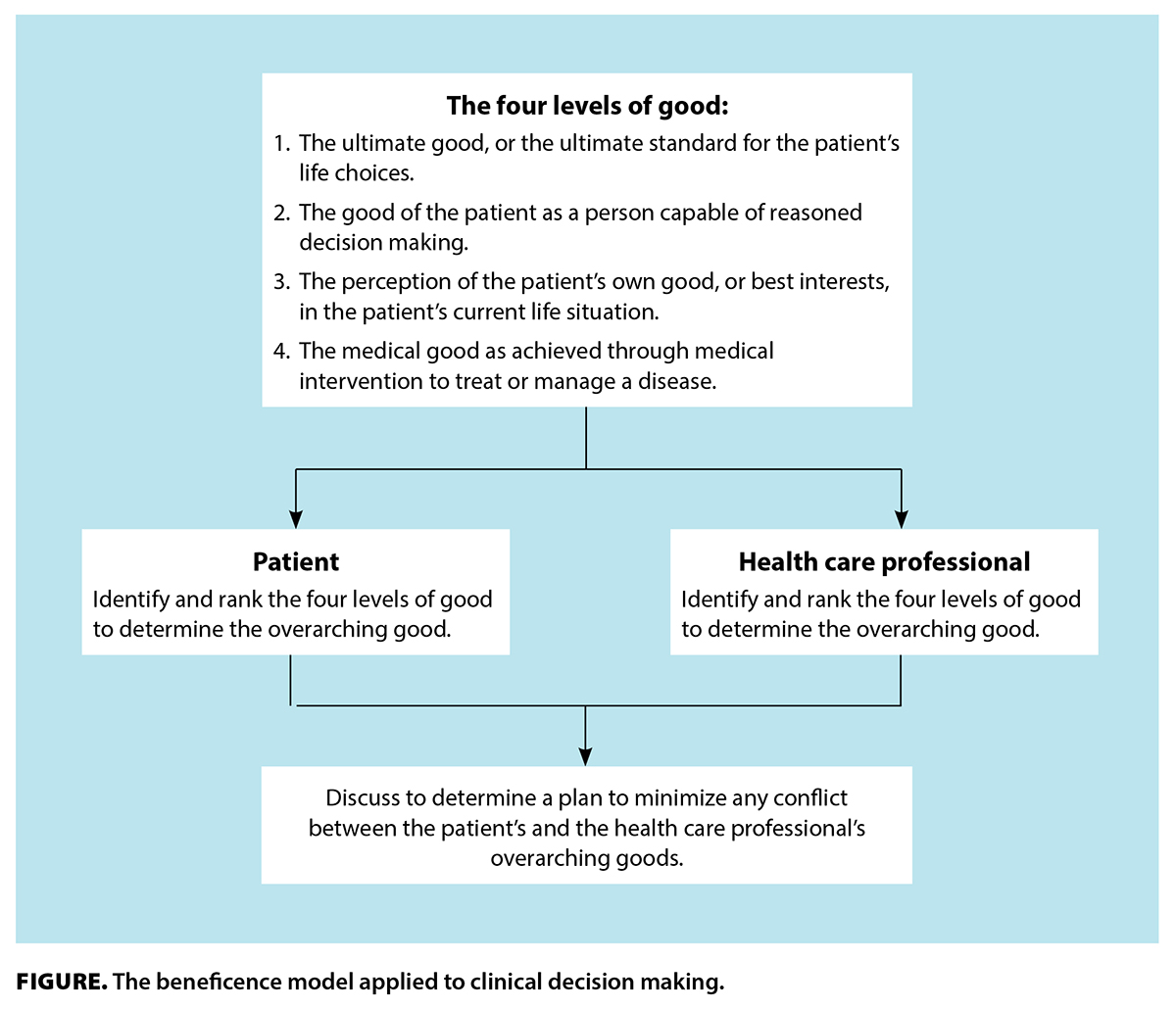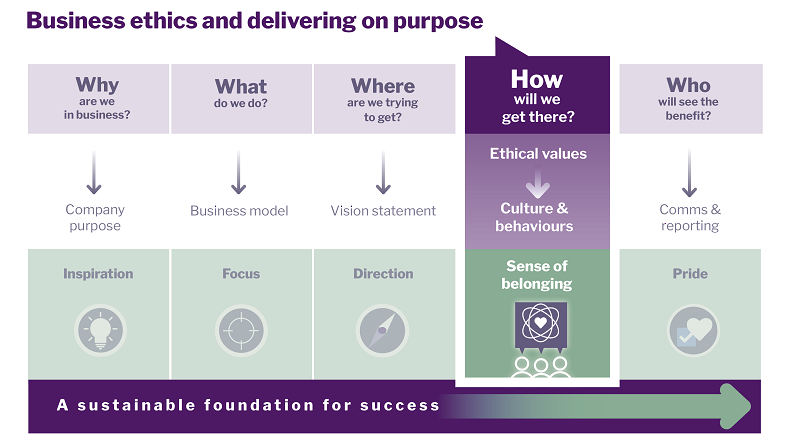Which of the Four Foundational Concepts of Ethical Analysis
Deontology or duty utilitarianism rights and virtue. In the process one attempts to reason systematically to a rationally defensible moral judgment using ethical principles and moral rules.

Pin By Stacy Brevard On Rotary Rotary Club Rotarian Club
Fundamental Concepts in EthicsEthics may be broadly defined as that division of philosophy which deals with questions concerning the nature of value in matters of human conductWhile virtually.

. Logical time is constituted by three stages. There are four major ethical theories. The first ethical system in normative ethics utilitarianism is often equated with the concept of the greatest good for the greatest number The idea is that ethical decisions are made based on the consequences of the action which is why it is also sometimes called consequentialism.
The four principles of Beauchamp and Childress - autonomy non-maleficence beneficence and justice - have been extremely influential in the field of medical ethics and are fundamental for understanding the current approach to ethical assessment in health care. To incorporate ethics Etlinger and Groopman suggest studying The Information Accountability Foundations IAF paper A Unified Ethical Frame. In the final lecture Moral Goodness Ross attempts to complete his outline of the foundations of ethics.
This is an ethical problem in which the ethical choice involves ignoring a powerful non-ethical consideration. See figure 3 on page 11. 1 certain types of voluntary action 2 certain desires 3 certain emotions and 4.
To not allow bias conflict of interest or undue influence of others to override professional or business judgements. Secondly the stage of understanding. The class of morally good things he concludes includes.
Ethical theories can be divided into two categories depending on what they consider the source of ethical value to be. Five steps in an Ethical Analysis The recommended procedure for analyzing ethical cases is to apply a variant of the designproblem-solving loop. Ethical analysis principles encourage you to form an accurate picture.
When these principles conflict resolving them depends on the details of the case. To be straightforward and honest in all professional and business relationships. The Four Principles of Ethical Management As a manager youre going to find yourself in the position where your decision making skills are tested.
In the analytical mode we sort out the component parts of ethical problems. According to principlism the medical practitioner must attempt to uphold four important principles. Each one of these theories looks at our ethical behavior in different ways.
Ethical decision making starts with a strong foundation based on a clear understanding of the nature of the problem and all relevant facts and perspectives before deciding on options weighing those options and making the decision. Respect for patient autonomy beneficence nonmaleficence and justice. The current five fundamental ethics principles in the ICAS Code of Ethics are as follows.
This activity helps us in knowing what kinds of solutions are appropriate. Thirdly the moment to conclude. Ethical choices are decisions made by individuals who are responsible for the consequences of their actions.
Guidelines for Using the Ethical Framework With Groups edit edit source. Ethical analysis is a systematic approach to figuring out the right moral decision in a particular situation. Ethical leadership is essentially a leadership theory which uses the above ethical concepts as a guide to managing subordinates.
Ethical judgments are often a subtle mixture of pseudo and genuine morality ethical insight and moral prejudice ethical truth and moral hypocrisy. Hunger lust pain ambition prejudice bias hatred laziness fatigue disgust anger fear. Do the right thing but lose your job.
Since ethics deals with the principles of right behavior and leadership with influencing other people to achieve goals ethical leadership is influencing people through ethics. Responsibility is a key element of ethical action. The most common approach to clinical ethical analysis is principlism.
Responsibility Accountability and Liability. Consequentialist or teleological ethical theories and motivational or deontological ethical theories. While you may at times feel as though you are guided by your own morals and beliefs it is very important for you to remember to put your personal beliefs aside so that you can look at each.
Egocentrism as a Fundamental Barrier to Ethical Reasoning The human tendency to judge the world from a. By analyzing the situation logically in accordance with your ethical code you can figure out which options are both effective and moral. First the moment of seeingwhich is not without mystery although correctly enough defined in the psychological experience of the intellectual operation that is called insight.
Basic Concepts And Methods In Ethics ESSAY 2 Introduction As with any other higher-order intellectual activity resolving moral problems requires that we be both analytical and imaginative.

Using The Beneficence Model As An Ethical Approach To Surgical Decision Making A Case Report British Columbia Medical Journal

Purpose Ethical Values Culture Behaviours Institute Of Business Ethics Ibe

World Class Sales Competency Model License Talent Development Sales Training World Class
No comments for "Which of the Four Foundational Concepts of Ethical Analysis"
Post a Comment